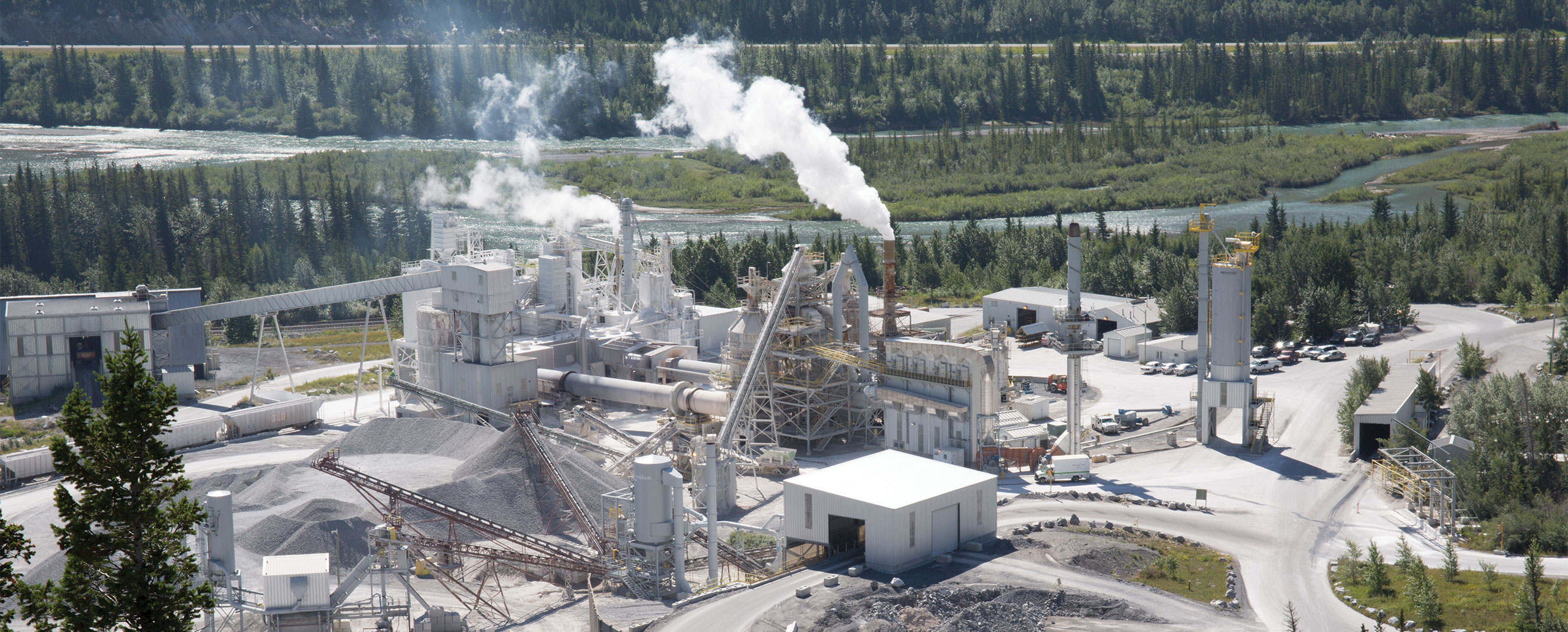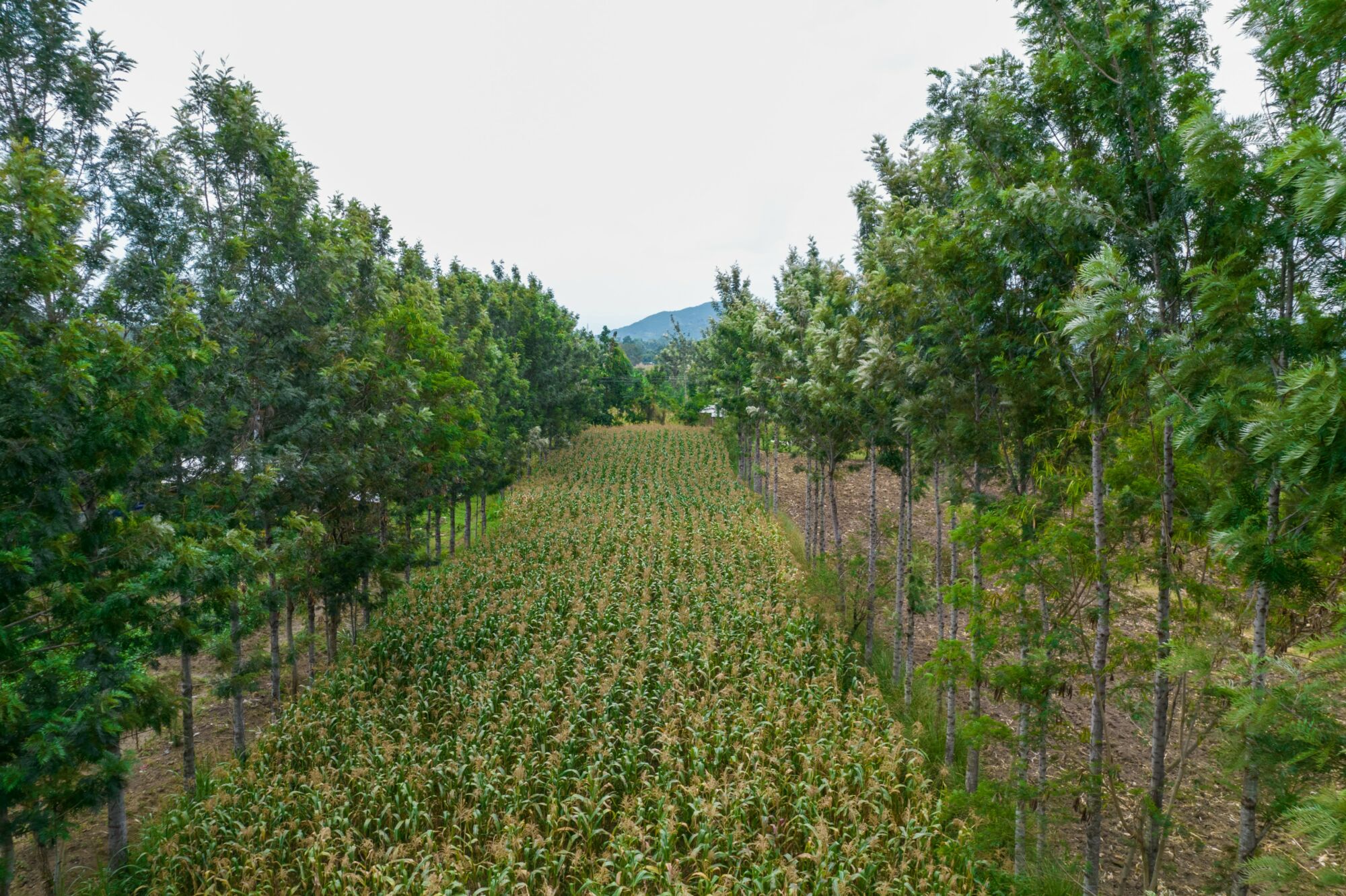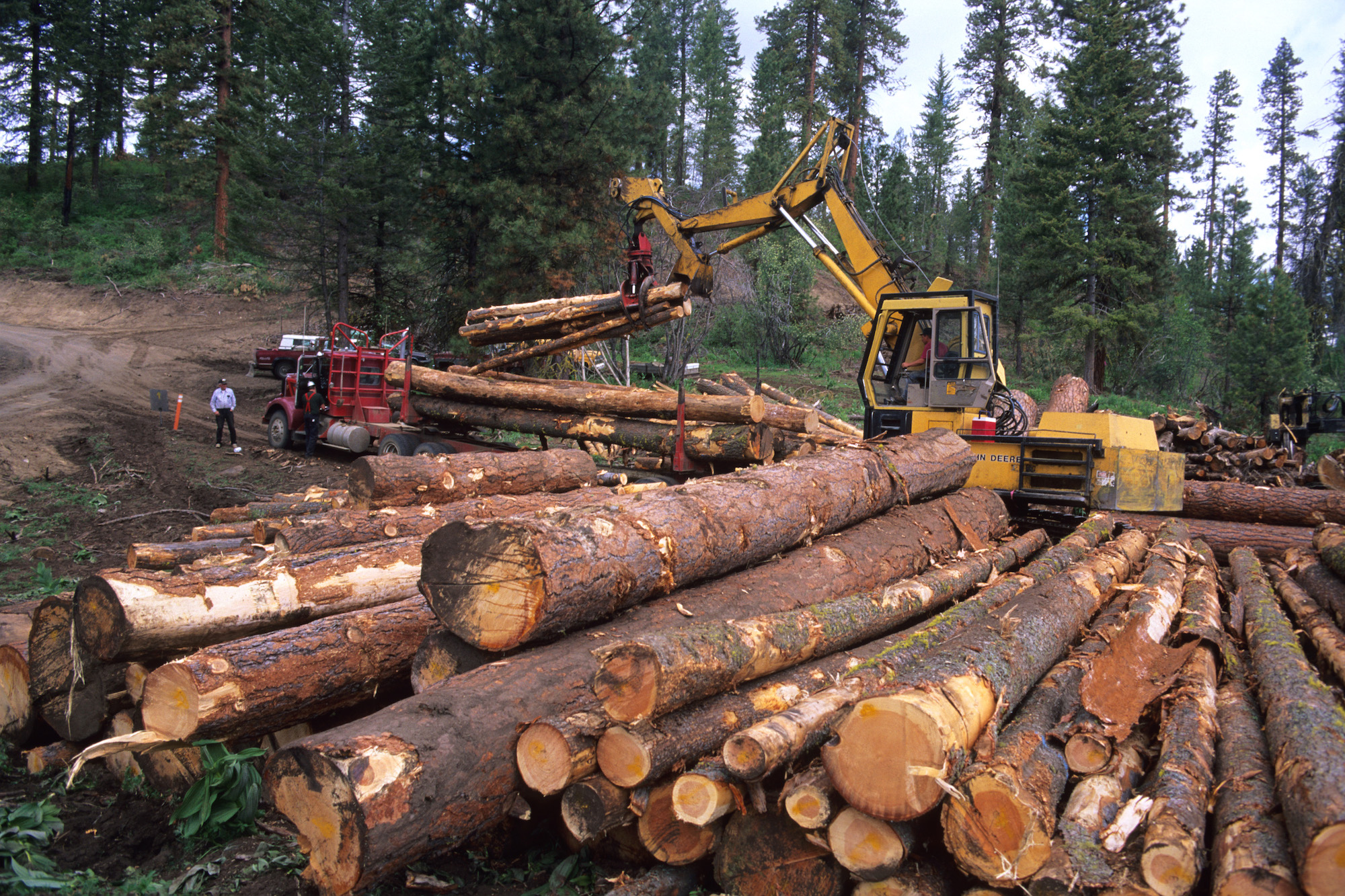- Floating offshore wind turbines have opened deep ocean areas for a generation as they expand the boundaries of conventional wind farm operations. These modern energy technologies speed up global energy reforms by establishing price equality with traditional fossil fuels.
The struggle against climate change occurs presently in the technological innovation domain.
Global warming, along with escalating climate disasters, encourages scientists, engineers and entrepreneurs to create inventive solutions which bring prospects for sustainable development.
Renewable energy technology functions today as a leader in this revolutionary movement. Solar panel technology has experienced significant cost reduction and operational efficiency advancements because bifacial panels use reflected ground light to enhance power generation by up to 30%.
Floating offshore wind turbines have opened deep ocean areas for a generation as they expand the boundaries of conventional wind farm operations. These modern energy technologies speed up global energy reforms by establishing price equality with traditional fossil fuels.
The development of carbon capture technologies started as theoretical ideas but researchers successfully changed them into practical applications. Air facilities operate today to pull carbon dioxide from the air directly, and carbon utilization systems transform stored CO₂ into valuable products, including synthetic fuels and construction materials. The developed innovations establish circular carbon systems which convert existing environmental burdens into economic possibilities.
Read More
The farming sector contributes about one-quarter of worldwide emissions yet enters a new technological era. Combining AI technology with drone use of digital sensors helps high-end farm management systems optimize resource use for environmental sustainability and pollution reduction.
The manufacturing of meat in laboratories, together with plant-based food creation is transforming our food production methods, decreasing the substantial emissions from traditional livestock farming operations.
The implementation of digital technologies drives comprehensive organizational changes throughout each system. The integration of blockchain technologies shows two benefits: first, it supports the balance of renewable power output and customer usage variations, and then it creates precise carbon market operations and provides an accurate environmental guarantee verification systems.
Scientists have achieved breakthroughs that produce sustainable alternatives for the market. Sustainable materials extracted from algae and carbon-negative concrete and wood-based mass construction products decrease carbon emissions and waste output.
The convergence of these technologies has resulted in new synergistic effects which produce more substantial positive results than their independent operations. Automakers have discovered that electric vehicles transform society through renewable energy power and intelligent grid optimization of charging procedures.
Technology serves as foundational infrastructure in the battle against climate change through its complementary relationship with proper policy implementation and social behavioural modifications but it needs these factors to address the challenge successfully.







